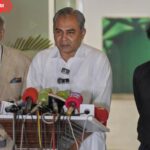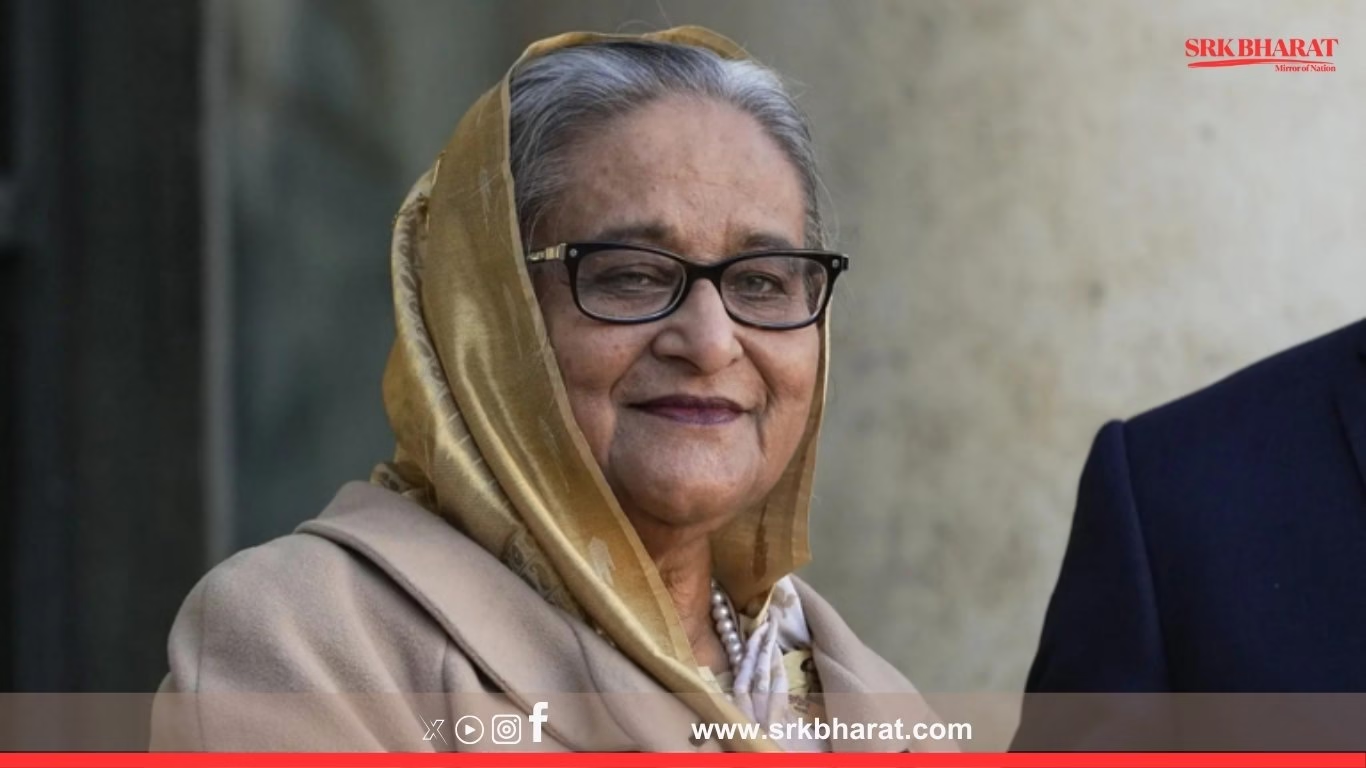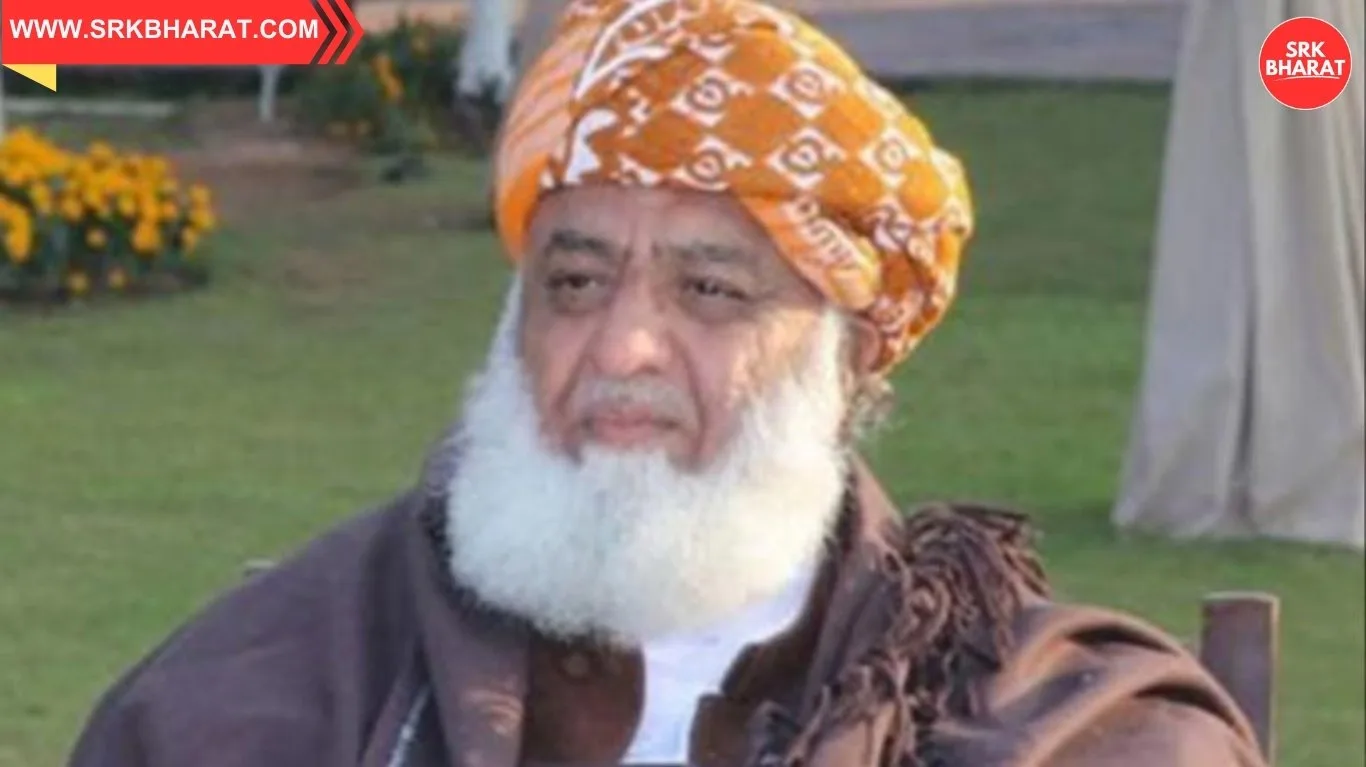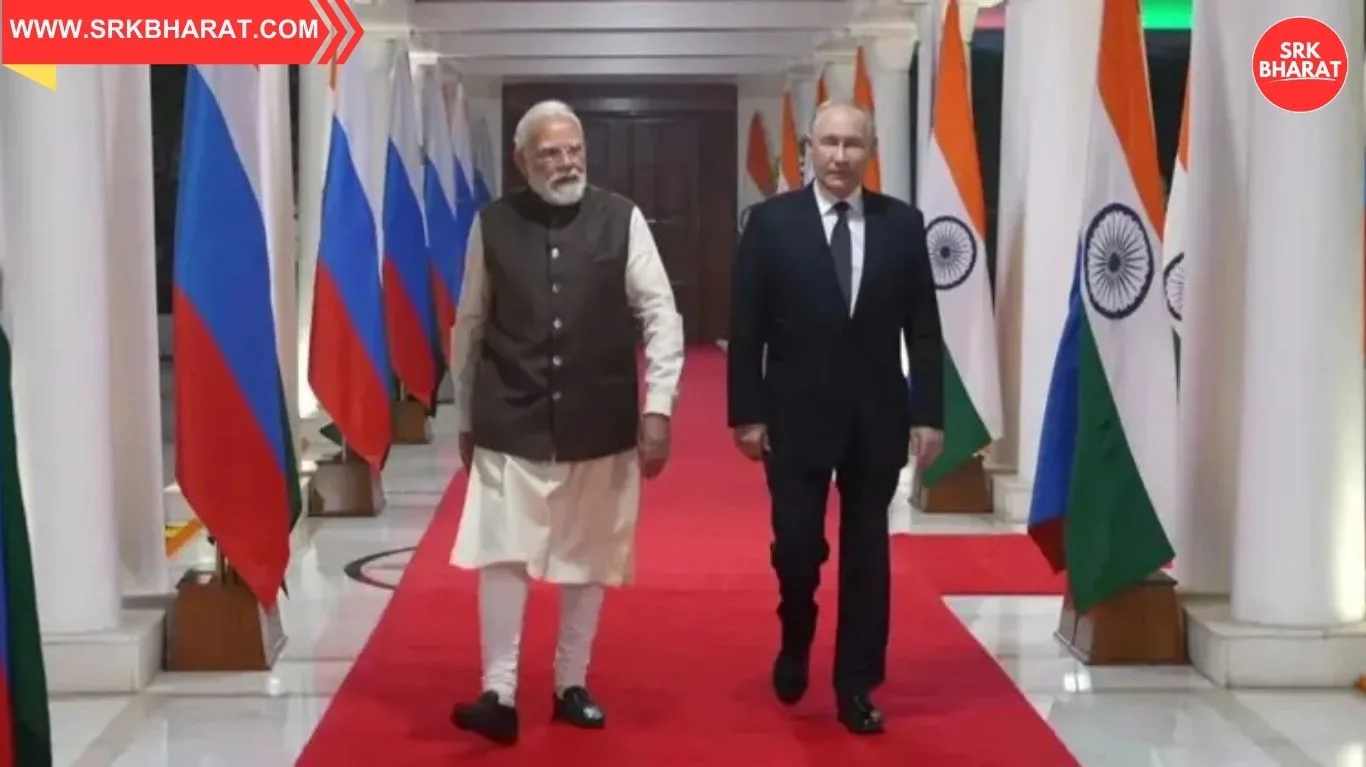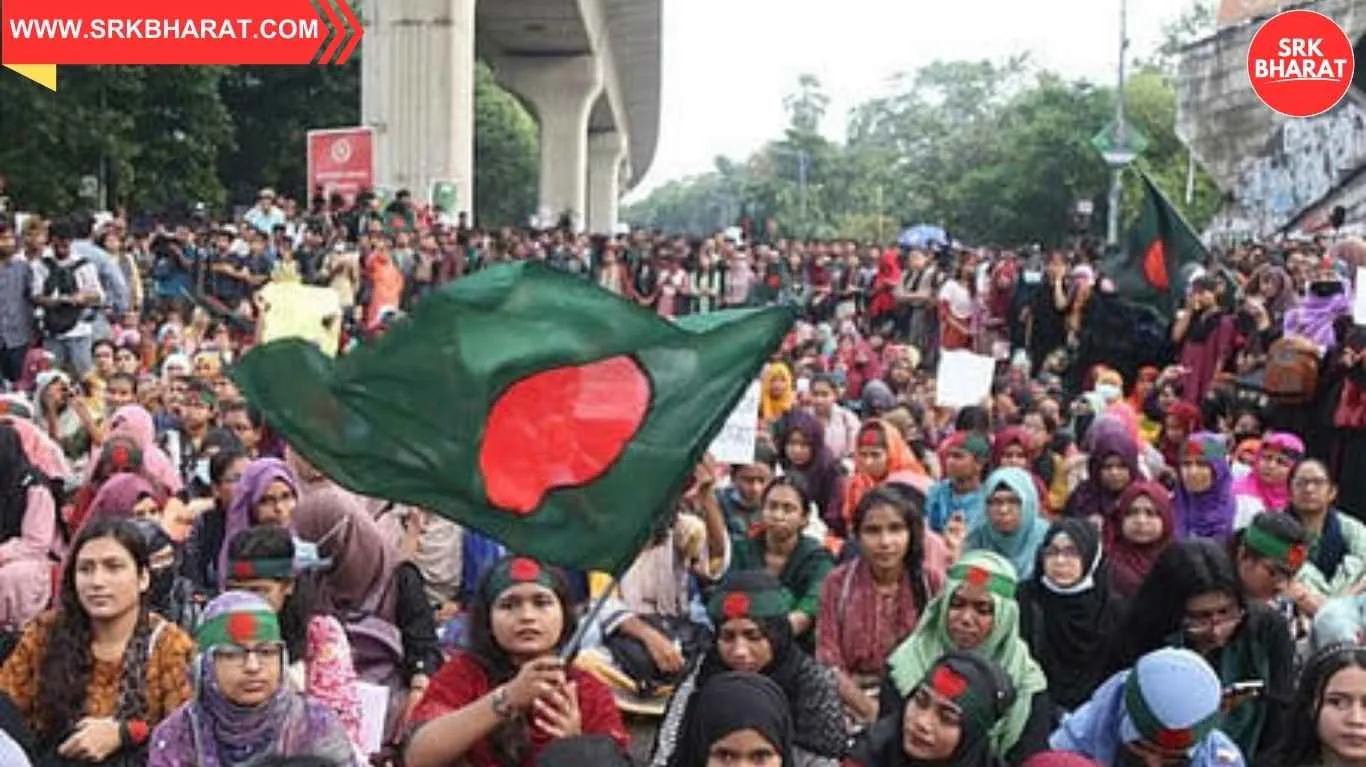In a significant legal development that has reignited political and administrative debates across Bangladesh, a former Inspector General of Police (IGP) involved in the Sheikh Hasina case has been officially pardoned after turning approver in the high-profile conspiracy investigation. This move, which comes amid wider shifts within the nation’s legal landscape, raises questions about governance, accountability, and political bargaining.
Background of the case
The case dates back to the early 2000s, when multiple top bureaucrats and police officials were accused of involvement in a conspiracy against current Prime Minister Sheikh Hasina. The charges revolved around abetment, conspiracy, and abuse of office to facilitate attacks and threats against her and her party leadership during her opposition years.
Who is the pardoned IG?
The former IG, whose name has been withheld under legal confidentiality norms but widely known in political circles, served as Bangladesh’s top cop during a tumultuous period marked by:
- Frequent political crackdowns on opposition protests
- Forced disappearances and targeted custodial actions
- Alleged complicity in security lapses leading to attacks on Awami League gatherings
He was charged under sections relating to conspiracy, dereliction of duty, and withholding intelligence inputs critical to Sheikh Hasina’s security. However, the IG later sought pardon by turning approver and testifying against other accused bureaucrats and political operators.
| Key Details of Former IG’s Role | Highlights |
|---|---|
| Tenure as IGP | Early 2000s |
| Charges faced | Conspiracy, breach of duty, aiding subversive elements |
| Testimony given | Critical evidence identifying co-conspirators, chain of command, and operational lapses |
| Outcome | Full pardon under Bangladesh Penal Code provisions for approvers |
The legal process of pardon
Under Bangladeshi law, individuals who turn state witness or approver can seek pardon for their crimes if:
- Their testimony significantly aids conviction of primary accused.
- The court deems their role as instrumental but not central to planning or execution.
- Their evidence is corroborated by other material and witnesses.
In this case, the former IG’s statements helped prosecutors establish crucial links between political conspirators and security officials who facilitated violent plots.
Political reactions to the pardon
The news of his pardon has triggered strong responses from both ruling party allies and opposition leaders:
| Political Side | Reaction |
|---|---|
| Awami League | Hailed the pardon as a strategic necessity to uphold truth and ensure justice against bigger conspirators. |
| BNP | Slammed it as a political compromise to protect favoured bureaucrats, demanding a full disclosure of testimonies. |
| Civil society groups | Criticised the moral basis of pardoning top officials who enabled political violence, calling for institutional reforms. |
Implications for ongoing conspiracy trials
Legal experts state that the IG’s pardon will:
- Strengthen state cases against other co-accused by formalising his testimony.
- Accelerate pending hearings by providing direct insider accounts.
- Potentially open avenues for similar pardons to lower-ranked officers willing to turn approver.
However, questions persist regarding the ethical ramifications of granting immunity to senior officials whose omissions cost lives and endangered national security.
Table: Timeline of events in the Sheikh Hasina conspiracy case
| Year | Event |
|---|---|
| 2000 | Alleged conspiracy plot hatched against Hasina’s leadership |
| 2004 | Major attacks targeting Awami League rallies |
| 2009 | Reopening of investigations under new government |
| 2015 | Filing of fresh chargesheets naming top police and bureaucrats |
| 2022 | Former IG offers to turn approver; state reviews conditions |
| 2025 | Official pardon granted post deposition and cross-examination |
Governance and accountability debate
Critics argue that the practice of pardoning powerful officials in exchange for testimony undermines public faith in impartial justice, especially when lower-ranked officers receive harsh sentences while their superiors walk free through legal deals.
Human rights advocate Rehana Akhter observed:
“It is not enough to convict just the executors. Facilitators and abettors in positions of power should face exemplary punishment to deter future collusion between politics and police.”
Government’s defence
A government spokesperson defended the pardon, stating that “no miscarriage of justice has occurred as the court acted within the legal framework. The priority remains convicting principal conspirators, for which approver testimony was essential.”
What next for the case?
The Sheikh Hasina conspiracy trials continue to unfold, with over 30 accused persons still undergoing hearings. The government plans to:
- Speed up trial processes by integrating approver testimonies.
- Strengthen witness protection measures to safeguard approvers from retaliation.
- Initiate parallel administrative reforms to cleanse the police system of partisan loyalties.
Conclusion
The pardon of the former police IG who turned witness marks a strategic legal milestone in Bangladesh’s quest to prosecute the perpetrators of conspiracies against its leadership. However, it also sets off a complex debate about justice, ethical accountability, and the balance between state security and institutional integrity.
As the trials move forward, all eyes remain on the judiciary to ensure that justice is neither selective nor politically tinted, and that the truth is upheld without undermining public faith in the rule of law.
Disclaimer: This article is based on available court proceedings, official statements, and public domain reports. It is intended for informational purposes only and does not constitute legal or political advice. Readers are encouraged to follow ongoing judicial pronouncements for updated information.



